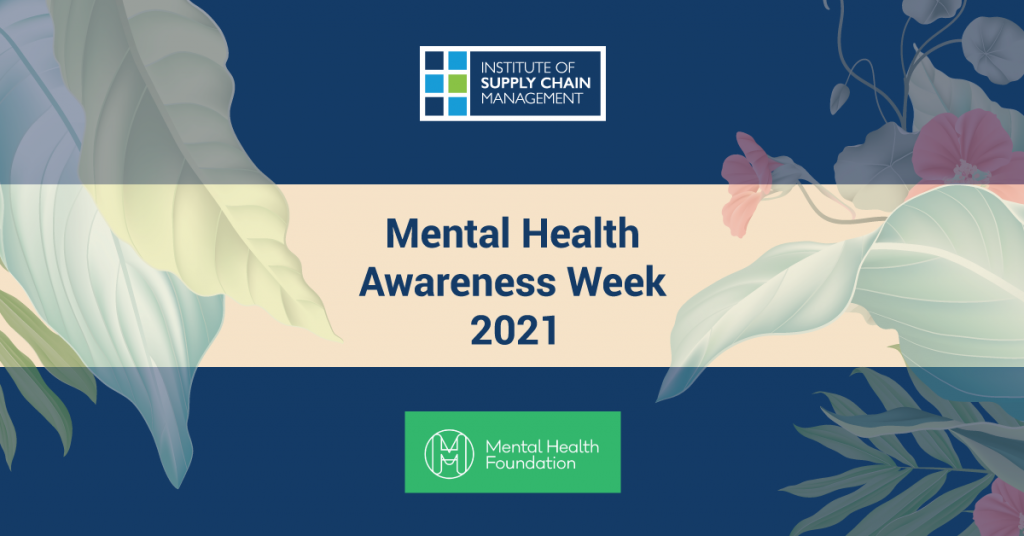
This week is Mental Health Awareness Week 2021. You may be sitting there wondering why that matters, or why it is important? According to the World Health Organisation (WHO), one in four people in the world will be affected by mental or neurological disorders at some point in their lives. That is one quarter of the entire global population. There are around 450 million people currently suffering from such conditions, placing mental disorders among the leading causes of ill-health and disability worldwide. This means that you may not feel that you need to spend time looking after your mental health at the moment but taking time for yourself now can, and will, pay dividends in the future.
A new study from the WHO found that around two-thirds of people with a known health-disorder do not seek any kind of help from a health professional. It is widely believed that many people still see talking about mental health, their feelings, or their problems as a weakness.
“Mental illness is not a personal failure. In fact, if there is failure, it is to be found in the way we have responded to people with mental and brain disorders,” said Dr Gro Harlem Brundtland, Director-General of WHO, on releasing the World Health Report. “I hope this report will dispel long-held doubts and dogma and mark the beginning of a new public health era in the field of mental health,” she added.
It is time we all took action to not only to remove the stigma still sounding mental health, but also to get a better understanding of the importance of self-care, and the multitude of benefits doing so can have on our daily lives.
The Mental Health Foundation launched Mental Health Awareness Week as a way to encourage us to take action for our individual well-being and to normalise conversations around mental health. This year’s theme is Nature. the charity explain;
When it comes to mental health benefits, nature has a very wide definition. It can mean green spaces such as parks, woodland or forests as well as blue spaces like rivers, wetlands, beaches or canals. It also includes trees on an urban street, private gardens, verges and even indoor plants or window boxes. Surprisingly, even watching nature documentaries has been shown to be good for our mental health. This is great news as it means the mental health benefits of nature can be made available to nearly every one of us, no matter where we live.
Now evidence shows us that the quality of our relationship with nature is part of the reason for its positive impact on our wellbeing. Researchers use the term “connectedness” to describe the ideal relationship.
Connectedness refers to the way we relate to nature and experience nature. A strong connection with nature means feeling a close relationship or an emotional attachment to our natural surroundings.
There are ways that we can develop our connectedness with nature. Activities that involve the senses can help to develop our connection with the natural world, as can activities where we feel emotions such as compassion, perceive beauty or find meaning in nature.
Connecting with nature can lower anxiety levels, improve your mood, and make you feel better in yourself.
For many of us though, ‘being in nature’ may not be as easy as it sounds. The good news is, you don’t have to climb a mountain to feel the benefit – there are lots of simple ways to bring nature into your everyday.
The Mental Health Foundation have created a list of top tips on how to build your own connection with nature. Visit https://www.mentalhealth.org.uk/campaigns/mental-health-awareness-week/tips to find out more.
